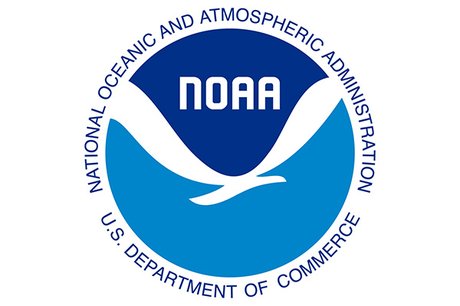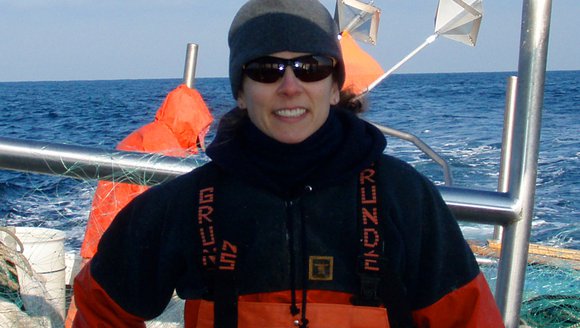Ecosystem Impacts of Warming
How does the warming Gulf of Maine impact our local ecosystems?
The northwest Atlantic is much warmer than it was a decade ago. This project documents how plankton and fish communities have changed and uses computer models to better understand how marine ecosystems respond to warming.
Project Goals:
- Document changes in the plankton and fish communities in the Gulf of Maine and mid-Atlantic.
- Study how warming has altered how energy flows through the food webs in the Gulf of Maine and mid-Atlantic.
- Test whether the ecosystem changes are due to the direct influence of temperature on animals or to changes in productivity.
- Develop online materials to help middle school students understand how models are used in science.
Rising temperatures are impacting marine ecosystems around the world, and the rate of warming is expected to accelerate. The ecosystems in the northwest Atlantic Shelf, including in the Gulf of Maine and Mid-Atlantic Bight, have experienced some of the fastest decadal and 30 year warming rates in the historical record — trends punctuated by marine heatwaves in 2012, 2016, and 2018. Most studies of climate impacts in the ocean have focused on how rising temperatures affect individual species. Our project will focus on the impact of warming, both short-term events and long-term trends, on the entire ecosystem. It will leverage the region’s recent warming and history of consistent sampling to contrast the properties of the plankton and fish communities in the colder Gulf of Maine with the warmer Mid-Atlantic Bight.
Through statistical analyses, size-based modeling, and food web modeling, we will evaluate direct and indirect influences of temperature on biological processes, community characteristics, and emergent ecosystem properties.
Intellectual Merit
This study will characterize composition and features of the plankton and fish communities and compare ecosystem changes across space and through time. It will also isolate the direct influence of temperature on metabolism and growth from the indirect influence of temperature through changes in the oceanography.
Broader Impacts
Understanding how marine ecosystems respond to warming is essential for successful management of these ecosystems in a changing climate. Our project team will be actively engaged in translating knowledge from this study into fisheries management at a regional and national level. This project will also make a significant investment in preparing the next generation of citizens and scientists to make responsible decisions in a rapidly-changing world by expanding the ecosystem modeling activity in the Gulf of Maine Research Institute’s LabVenture program. This 2 hour educational experience is provided free of charge to Maine schools and regularly serves around 10,000 middle school students each year. We will develop an online curriculum on modeling, a topic area in the Next Generation Science Standards that many teachers find challenging. The project will also support a postdoctoral researcher and a graduate student and contribute to Stony Brook University’s program to encourage participation of women in the sciences.
Research Team
-
![]()
Andrew Pershing, Ph.D.
Adjunct Scientist & Former Chief Scientific Officer
-

Maria Grigoratou, Ph.D.
Postdoctoral Research Associate
-
![]()
Adam Kemberling
Former Quantitative Research Associate
-
![the staff photo for Kathy Mills]()
-
![]()
-
![]()
Project Sponsor
This material is based upon work supported by the National Science Foundation under Grant No. 1851866.
Read More
-
Gulf of Maine, Explained: The Warming Gulf of Maine
What was once a startling observation among our team of ecosystem modelers is now common knowledge: over the course of a decade, the Gulf of …
Gulf of Maine, Explained
-
Gulf of Maine Temperature Update: Normal Is the New Cold
Around this time each year, our Chief Scientific Officer, Dr. Andrew Pershing, likes to share an update about conditions in the Gulf of Maine. Dr. …
Perspectives
-
New Study: Warming, Conservation, and Lobsters
A 2018 study, led by scientists at the Gulf of Maine Research Institute and colleagues at the University of Maine and NOAA, demonstrates how conservation …
Announcements
-
Improving Climate-Readiness of US Fisheries
The National Oceanic and Atmospheric Administration (NOAA) has awarded the Gulf of Maine Research Institute $1.1 million to investigate impacts of climate change on groundfish. …
Announcements





